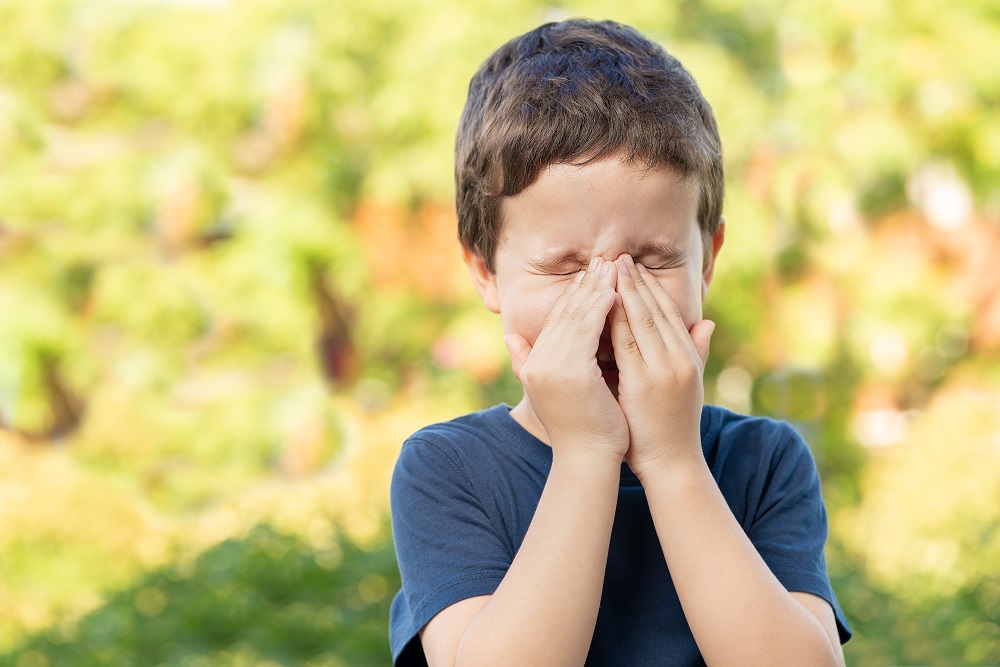Spring is officially here, and the typical symptoms of spring are: sneezing, itchy nose, and runny nose.
However, spring allergies are often confused with colds, especially in children. How do you know when you’re one of them?
“Differentiating between colds and allergies in children in the spring can be challenging because some symptoms may overlap. However, seasonal allergies (allergic rhinitis) occur when the immune system reacts to pollen from trees, grasses, and weeds, as if It’s just as harmful to the body,” he explains. Yudett Lucero, scholar at Andres Bello University School of Nursing, USA.

According to the nurse, “Allergies are not contagious. This means they cannot spread from one person to another. A cold, on the other hand, is an infection of the upper respiratory tract (sinuses, nasal passages, throat, and larynx) that may Caused by many different viruses.”
UNAB academics detailed some of the key points that distinguish the two:
allergy
1. Seasonal allergies tend to occur at specific times of the year, such as spring when pollen is abundant.
2. Allergies rarely cause fever.
3. The characteristic symptom is itching of the eyes, nose, and throat.
4. Runny nose caused by allergies is usually clear and watery.
5. Recurrent sneezing, especially when outdoors, is characteristic of this type of allergy.
6. Allergies can be persistent, meaning they last as long as the allergen such as pollen is present, so they can last for weeks or even months.

cold
1. Colds tend to develop gradually, with symptoms worsening over time.
2. In some cases, it may be accompanied by fever.
3. Sore throat is more common with colds.
4. Nasal congestion often results in sneezing and green and/or yellow discharge.
5. Cough is more common with colds, especially after nasal congestion.
6. The duration of a cold is generally a few days to a week.
Finally, professionals remind, “If you suspect your child has a cold or spring allergies, it is recommended to consult a pediatrician for evaluation with an allergy test for a more accurate diagnosis.”

